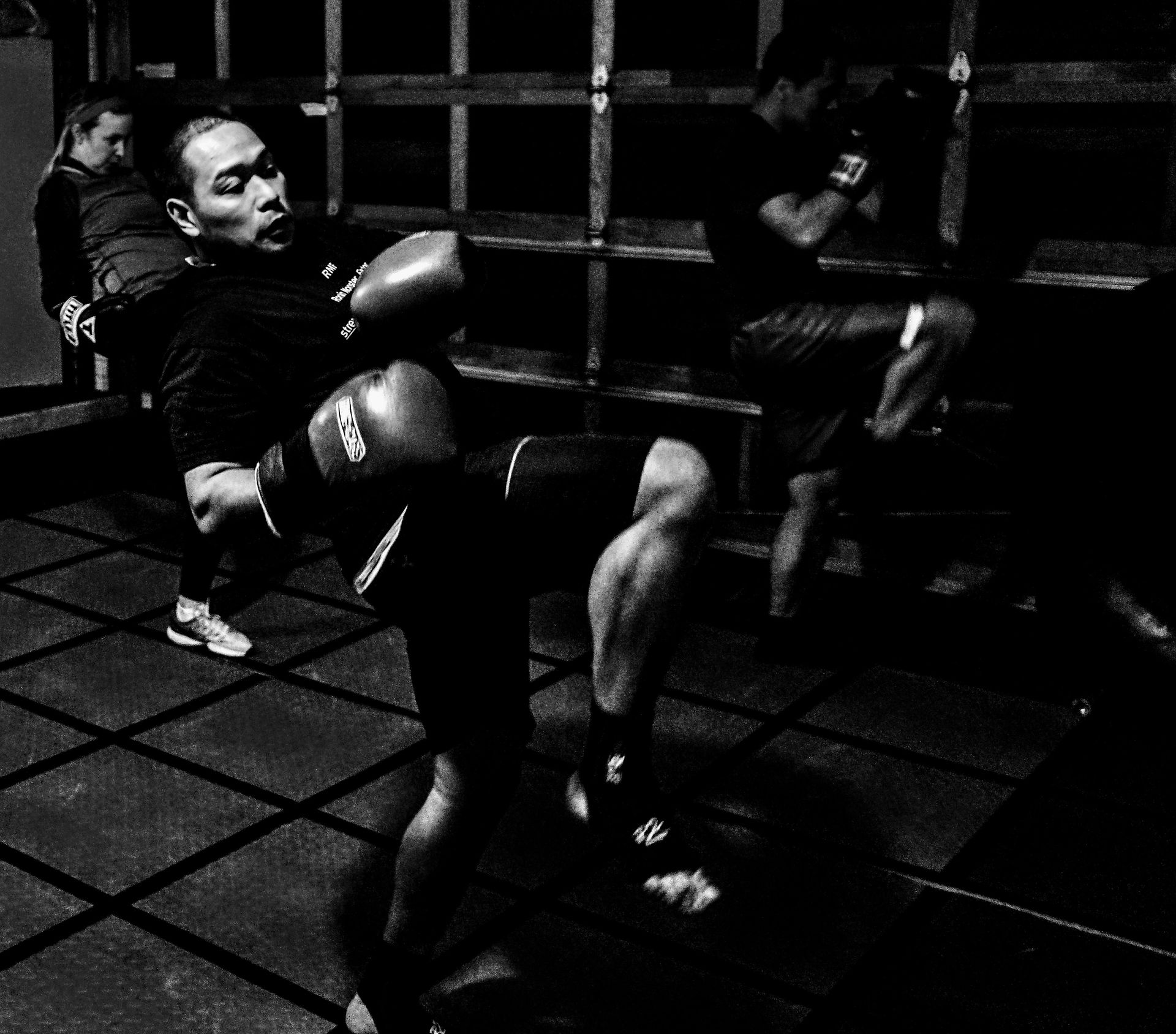
Does your high school athlete ever:
show a lack of initiative or aggressiveness during games or practice?
get discouraged when they lose games or don't get opportunities to play during their games?
lose focus or interest halfway through the season?
get frustrated with how the team is doing, how the coach is coaching or disagree with the seemingly unfair outcome of certain games?
With all the mental, emotional, scholastic and societal pressures heaped onto their shoulders at this age, it's natural to see these behaviors crop up around sporting events: the energy is amped up, stakes are intensified, and to top it all off, there are spectators who see every success and failure. But it's OK. This is how sports make you better!
Without the ability to self-regulate, it can be an emotional roller coaster for them. Competition forges mental focus. And the mindset that they bring into that competition will determine the mindset that guides the rest of their life.
It's natural to want your high school athlete to do well. But in order for them to really thrive in sports, it's important that they have a winning, competitive mindset. A competitive mindset helps set athletes apart from their peers and makes games more exciting and entertaining.
Every athlete approaches the game differently -- some have an innate drive to win, while others need a little extra work. Remember that mindset is a skill, and any skill can be developed.
Read on for 5 ways to help your athlete develop a competitive mindset!! And don't forget to do the homework at the end!!
1. Encourage Growth Mindset (Never Give Up)
The first step is to foster a growth mindset in your child. A growth mindset means that your athlete focuses on improving their skills and abilities over time rather than focusing solely on winning and losing. Help them understand that failure can be part of the learning process, and emphasize that they should look for feedback and ways to improve their performance. Praise their effort, not necessarily results.
This doesn't mean that everyone gets a trophy! Winning trophies is important. Let the rest of the world praise them for the win. However, as the parent, remind them also that the satisfaction of a hard earned victory is in the "hard earned" part.
2. Set The Right Kind of Goals (Aim Strategically)
Goal setting is a great way to help your athlete develop a competitive mindset. Encourage them to set reasonable goals for themselves in practice and games, and then help them track their progress. This will give them a sense of control over their performance and keep them focused on improvement.
At the same time, remind them that it's important to set goals that seem impossible, and that this will bring out their hidden ability to rise to the occasion.
Small goals lead to big victories. But grand goals reveal possibilities.
3. Teach The Right Attitude (Create Your Own Mental Fuel)
A winning attitude can go a long way in helping athletes develop the competitive drive they need to succeed. Remind your athlete that every game provides an opportunity for growth and encourage them to stay positive. Also, remind them that sportsmanship is important and that they should always treat opponents with respect.
At the same time, don't avoid the negative feelings. Use them. Teach them that the negative emotions don't have to be a burden. Those same negative emotions can be fuel for pushing harder and staying more focused next time.
4. Focus on the Process (Be Prepared for the Hard Road)
Remind your athlete to focus on the process instead of results. It can be tempting for an athlete to only focus on winning, but it’s more important that they focus on improving their skills and enjoying the game. Encourage them to take pride in the process, rather than just the outcome.
Competition can be a great motivator for athletes of all ages, and it's important to help your high school athlete develop a competitive mindset if they are going to reach their full potential.
It's hard for young people, especially athletes, to be patient when it comes to training, competing and proving themselves. They don't have the experience to understand that the growth happens BETWEEN training, games and practices. Help them think in terms of longevity and foundational skills instead of quick wins.
This also extends to the team: putting the needs of the team ahead of their own teaches the kind of success that multiplies in significance and returns dividends.
5. Be the Example (Be About It)
Finally, don't forget that you are a role model for your athlete when it comes to developing a competitive mindset. It's unreasonable to expect them to have a competitive mindset if you don't have one yourself. That's called living vicariously.
Demonstrate how you work hard and dedicate yourself to your own success, and they will follow your example. Let your athlete know that you believe in their abilities and that you are always cheering them on.
Remember: While it's important to encourage a competitive mindset, always remind your athlete (and yourself) that sports should be fun and enjoyable. Help them find the joy in competition, no matter what the outcome may be.
What about you?
What does "growth mindset" mean to you? and how can it help your high school athlete become more competitive?
How can you help your high school athlete set goals to improve their performance?
How can you help your high school athlete set goals to level up their possibilities?
What kind of attitude should you emphasize and exhibit in order to develop a winning spirit?
How would you teach your athlete to focus on the process rather than the outcome?
I hope this short blog was helpful! If you're committed to reaching your high performance goals, Ronin Monster Factory is here to guide you. Click here to book a strategy call!


Comentarios